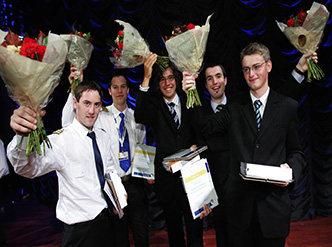
Something special in the air
December 20, 2006 | Issue 3Stephen Parker from the European Commission describes a contest that demonstrates the truly astonishing achievements of some aspiring young scientists.


Stephen Parker from the European Commission describes a contest that demonstrates the truly astonishing achievements of some aspiring young scientists.
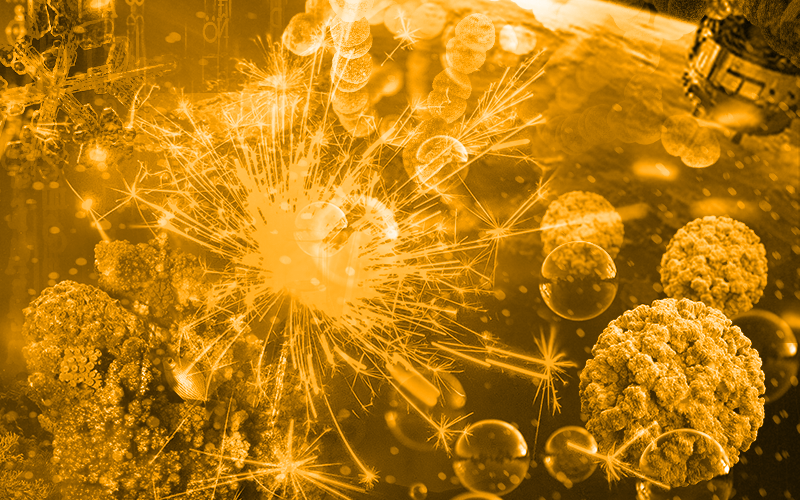
The worldwide web is a wonderful source of information, but the sheer amount of content can be overwhelming. Where do you start looking for science news? In each issue of Science in School, we will suggest useful websites for particular purposes.
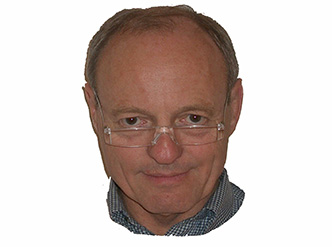
John Watson, “the teacher who does handstands in class”, reminisces about what drew him to teach biology, shares memorable moments from his 38-year teaching career, and explains how scientists can help to inspire science teaching.

Does Anything Eat Wasps? is a user-friendly, easy-to-read collection of questions and short answers that covers a wide range of science topics, from galaxies colliding in outer space to the amount of fat necessary to render a human bulletproof. These questions and their corresponding answers were…
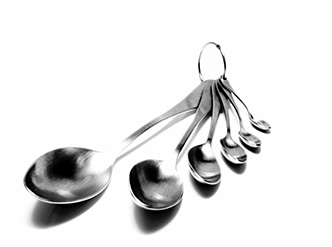
Jonathan Swinton pushes back the frontiers of knowledge – in his kitchen.

A Stem Cell Story portrays scientists from the field of stem-cell research, their individual research interests and the potential applications of their work. The DVD is aimed at the public, to shed light on stem-cell research and on the science behind the headlines and public debate of the last few…

“All substances are poisons; there is none that is not a poison. The right dose differentiates a poison from a remedy.”
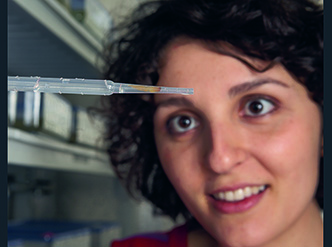
Fay Christodoulou, a Greek PhD student at the European Molecular Biology Laboratory (EMBL), is an example that shows not every researcher is born with a passion for science. She describes to Anna-Lynn Wegener from EMBL how her biology teacher inspired a long-lasting interest in science.
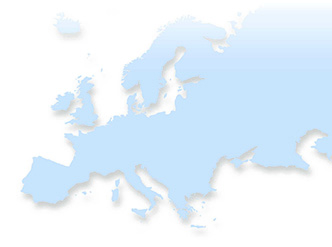
How much do Europeans really know about science and technology? What do they think about it? Do they even care? Russ Hodge from the European Molecular Biology Laboratory reports on one of the Eurobarometer surveys.
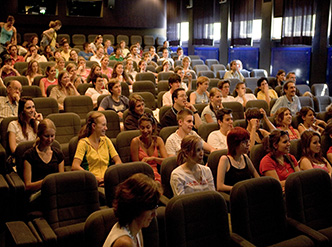
How do I become a star-chaser? How do we recognise particles that we don’t know? When will fusion power become available to mankind? Sabina Griffith from the European Fusion Development Agreement in Garching, Germany, describes the guided round-the-world trip through the science of the EIROforum…
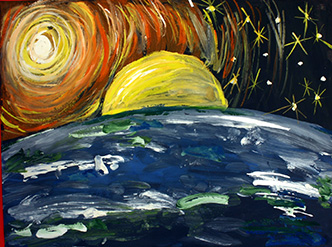
Catch a Star!, an international competition for school students, is starting its fifth year. Douglas Pierce-Price from ESO invites students from all over the world to take part.

The book, written in German, describes a great variety of experiments using plants. The experiments are at different levels of difficulty and often explain everyday observations. The chapter titles focus on certain parts of plants and provide detailed information on plant physiology. The required…
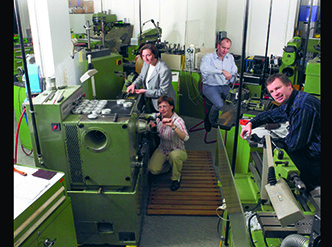
Russ Hodge from the European Molecular Biology Laboratory in Heidelberg, Germany, reports on the first complete survey of 'molecular machines' in yeast.
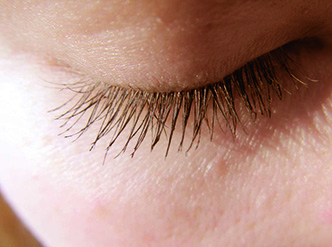
When we sleep, are we just passively recovering from a hard day, or is there something more going on? Angelika Börsch-Haubold considers the implications of some intriguing research – was her grandmother right all along? Test the scientists’ conclusions for yourself!
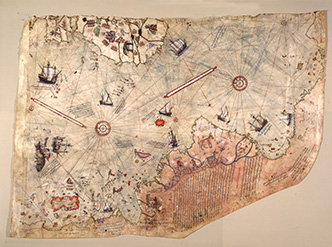
Yasmin Khan from the Science Museum in London, UK, reveals how deeply our modern civilisation has been enriched by previous Muslim civilisations – and argues for a more balanced approach to the history of science.

Professor Sir Alec Jeffreys, the inventor of DNA fingerprinting, remembers his childhood passion for science, explains what we have learned from direct DNA analysis, and describes his work with Chernobyl survivors. Interviewed by Russ Hodge and Anna-Lynn Wegener from the European Molecular Biology…
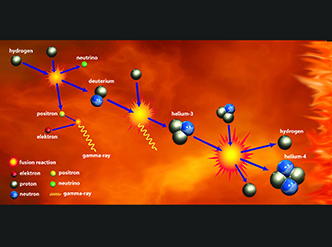
Mark Tiele Westra from the European Fusion Development Agreement (EFDA) in Garching, Germany, elucidates the source of power on Earth: the Sun
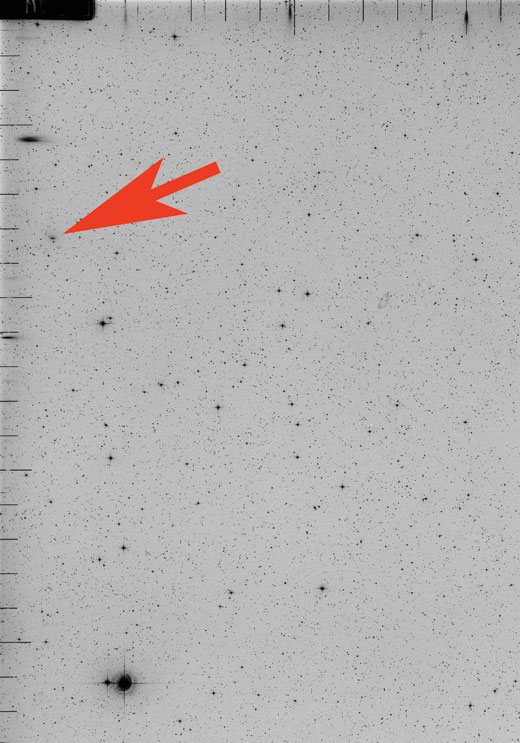
The challenge can be read in ‘The joy of discovery: a personal experience‘ The trail from which Comet West was discovered is indicated by an arrow Image courtesy of ESO
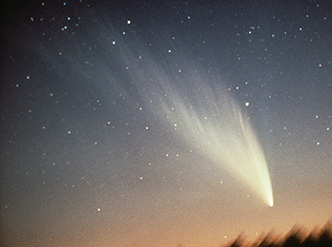
Richard West describes the excitement and joy of discovering a new comet.
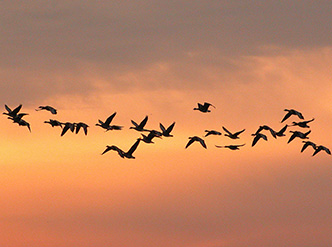
Are migratory birds responsible for the spread of bird flu? Should we kill them all? Lucienne Niekoop and Froukje Rienks from the Netherlands Institute of Ecology argue for a more scientific approach.
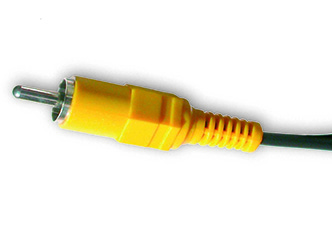
Do you ever get frustrated with that mess of cables connecting your DVD player to your satellite dish, TV and video recorder? Did you know that you can cut those cables – and still get a signal to pass between the machines? Alessandro Iscra, Maria Teresa Quaglini and Giuseppina Rossi from Italy…
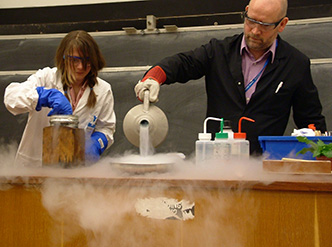
Tim Harrison and Dudley Shallcross from the University of Bristol, UK, describe some of the University’s activities to share a delight in chemistry with school students.
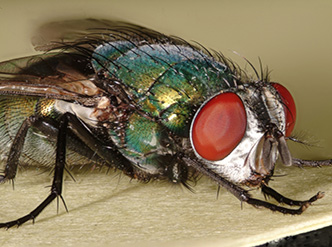
Many of you were fascinated (and disgusted!) by the article about forensic entomology in our last issue. Paula Starbäck, the reviewer, suggested that it would be a fascinating activity for students, if only someone could find a way to avoid the terrible smell. We challenged you to come up with a…
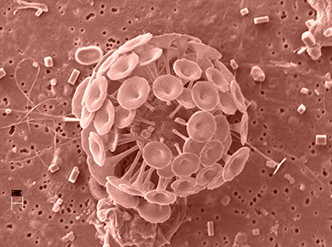
Ivo Grigorov from the EurOCEANS project describes how the deep seas can help us to understand and predict climate change.

Graham Gardner from the Inter-Community School in Zürich, Switzerland, describes how an attempt to interest his students in chemical separation techniques developed into a full-scale interdisciplinary detective mystery.
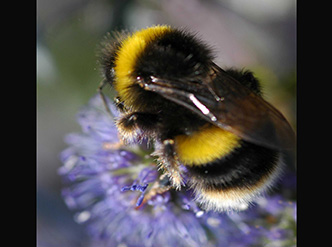
Dave Goulson and Ben Darvill from the Bumblebee Conservation Trust at the University of Stirling, UK, explain why these furry insects are under threat – and what schools can do to help.
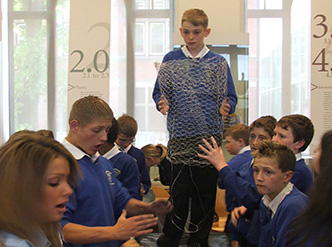
Emm Barnes from the British Society for the History of Science describes an initiative to develop exciting interdisciplinary activities. And gives the recipe for a delicious edible geology project!
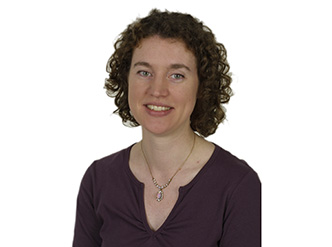
Feedback from our readers has continued to be very positive: you’ve told us that you like the variety of articles, the informative but readable style, and the unique combination of ideas drawn from teachers and scientists across Europe.